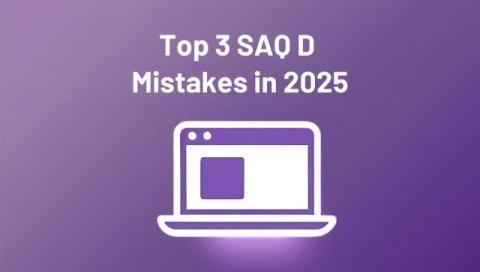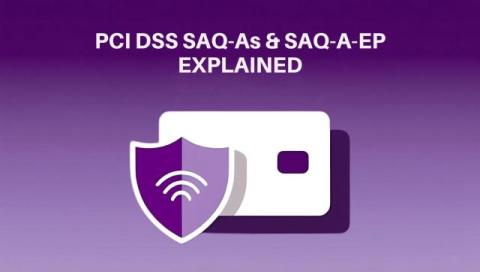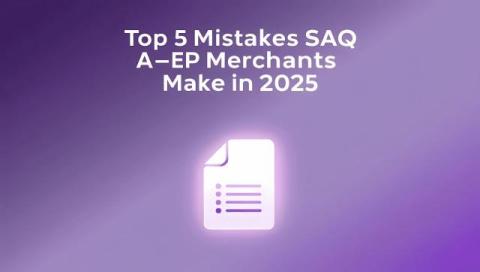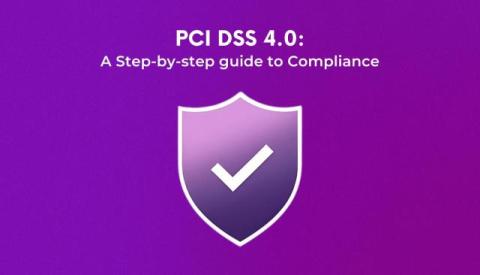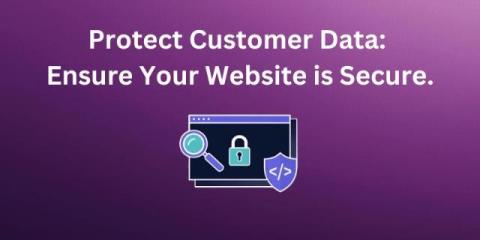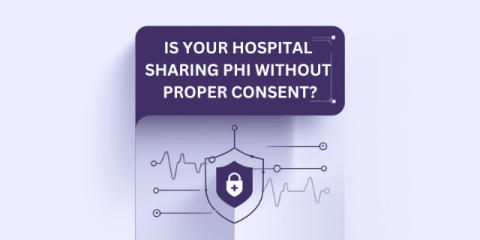Top 3 Mistakes PCI DSS SAQ-D Service Providers Are Making in 2025 That Will Knock Them Out of PCI DSS 4 Compliance
PCI DSS Compliance for SAQ-D Service Providers and Merchants is more critical than ever. Despite widespread awareness of the updated requirements, ot appears that over 90% of service providers remain unaware that they must implement new technical measures for the iFrames (with payment functions loaded) on their customers’ payment pages to meet Requirements 6.4.3 and 11.6.1.


